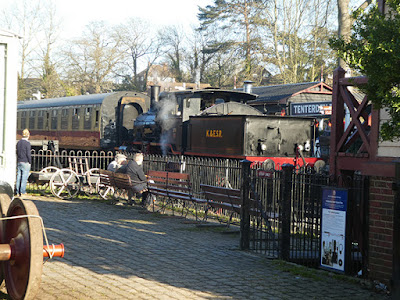Waiting for the frontier to re-open.
Continuing the series of passport portraits in my collection.
Peruse and wonder.
Madame Ouin is a 51 yr. old shopkeeper living in Rouen. She is French by marriage, having been born in Lerida, Spain, where a significant proportion of her relations still live. She is impatient to visit them but the Great War has been raging for four years now and neutral countries contiguous to France have closed their borders.
Anticipating the end of hostilities, Mme Ouin obtains her French passport in August 1918. It is endorsed, 'valid from the opening of the frontiers.' By the 10th. October she is on the Franco-Spanish border at Cerbère 'awaiting the reopening of the border.' But the armistice will not be signed for another month yet so, on the 11th. October she renounces her attempt to reach Spain and takes the train back to the Gare St Lazare in Paris.
By the July of 1919, she is a widow and tries again to visit her family in Spain. She is accompanied by her three daughters, Constance, Valentine and Marguerite but the problem now is that the Spanish flu is coursing through Europe, killing thousands. She has to obtain a medical certificate for herself and her daughters to confirm that they are not carrying any contagious disease. They board their train at the Gare St Lazare and at last, on 1st August 1919, they cross into Spain.

















































